BEIJING, March 9 (TMTPOST)— The White House may face internal resistance to more investment curbs on Chinese firms.
Source: Visual China
These months, national security officials at the White House, led by the National Security Advisor Jake Sullivan, have advocated the U.S. President Joe Biden to sign an administrative order, reported the political media Politico. These officials suggested that it is necessary for the Biden administration to issue the order, which aims to ban investments of American banks and funds in Chinese tech firms and startups, so as to ensure banks not to help Chinese companies to develop the software or equipments that could be taken advantage of by Chinese military, according to the report. But officials at the U.S. Commerce Department and the Treasury Department reportedly opposed such move because they expected the new order would lead to significant decrease in U.S. companies’ new businesses in China, and make these firms under a disadvantage position, while indirectly promoting European and Asian banks’ foray into the second largest economy. These two departments declined to comment on the report, however, a senior administrative official said any reports of the White House split were inaccurate as no final decision has been made yet.
Shortly after the report, Gina Raimondo, the U.S. Commerce Secretary, threatened that any overseas firms, including Chinese ones, could be cut off from the supply of American software or equipment, if they continue to supply chips or any other advanced technologies and defy the U.S. sanctions against Russia.
Last month, Myron Brilliant, the head of the International Affairs Division at the U.S. Chamber of Commerce, the largest U.S. business lobbying group, suggested the U.S. government is likely to take actions including a new trade investigation that could resulted in new tariffs, if their talks with China not succeed in meeting the terms of the so-called Phase One trade deal, was signed by former U.S. President Donald Trump and took effect in 2020. Later that month, the Office of the United States Trade Representative (USTR) for the first time added AliExpress, a B2C platform owned by Alibaba Group, and the e-commerce ecosystem of Tencent’s messaging platform WeChat to its annual Notorious Markets List, a useful tool for U.S. government to get companies, especially larger ones, to make more efforts for anti-piracy and counterfeiting.
关键词: English













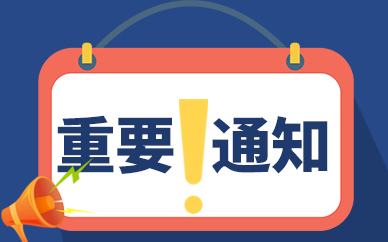














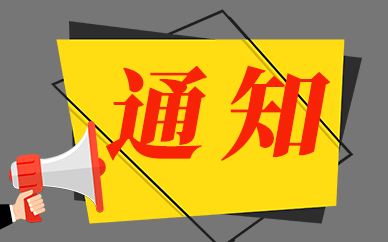
























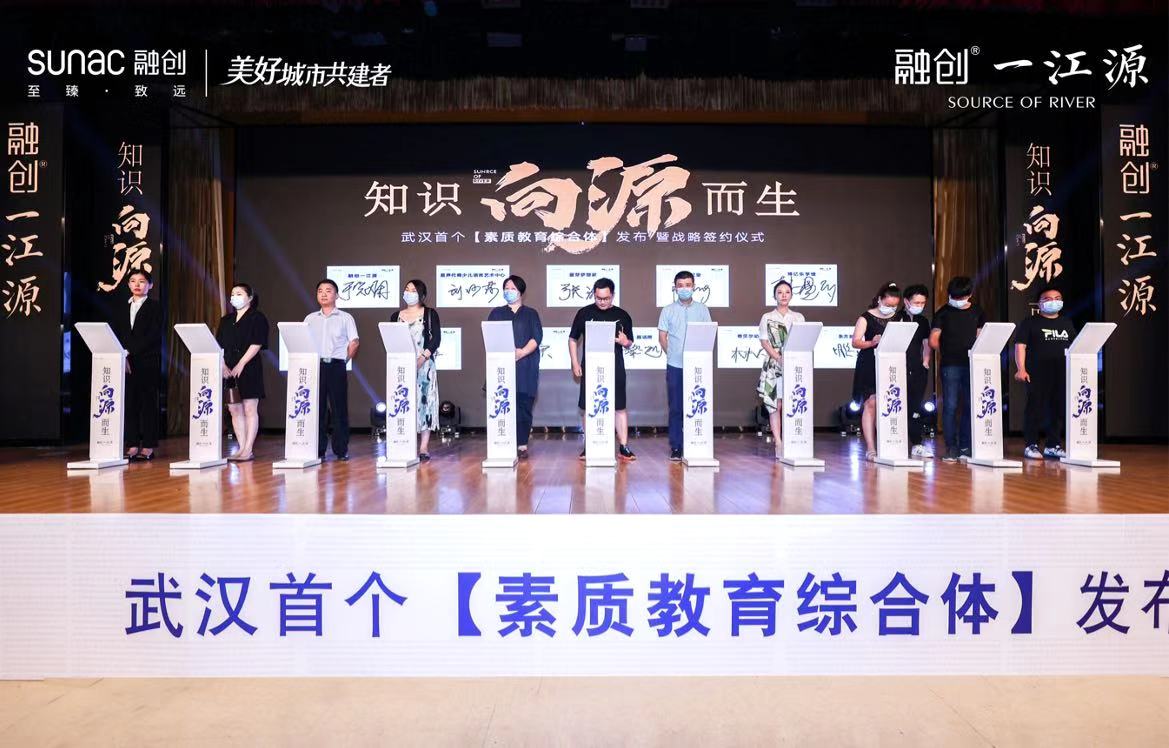
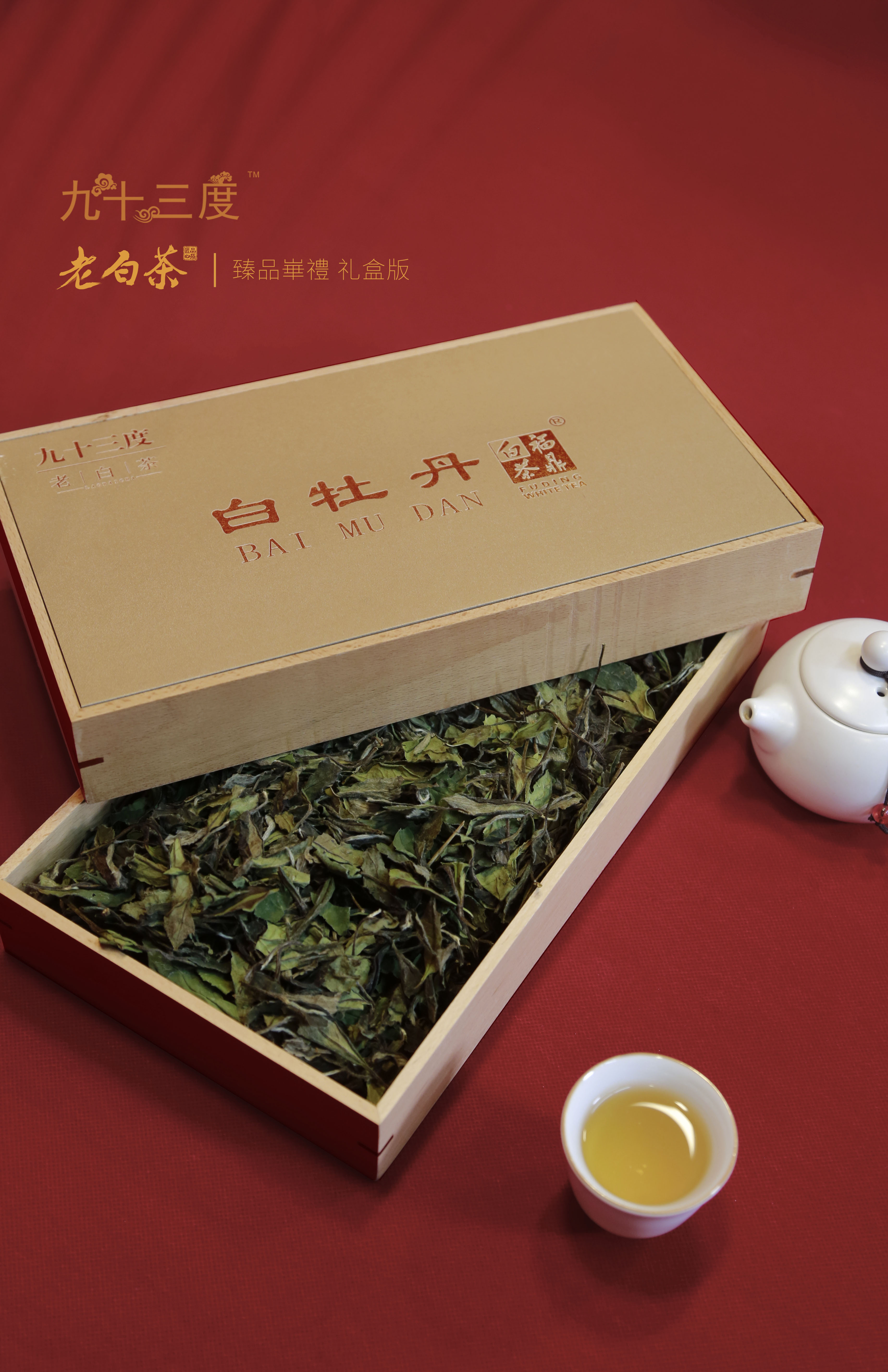


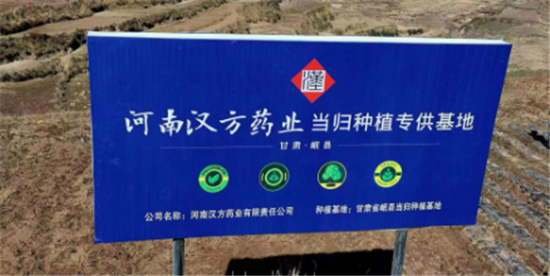
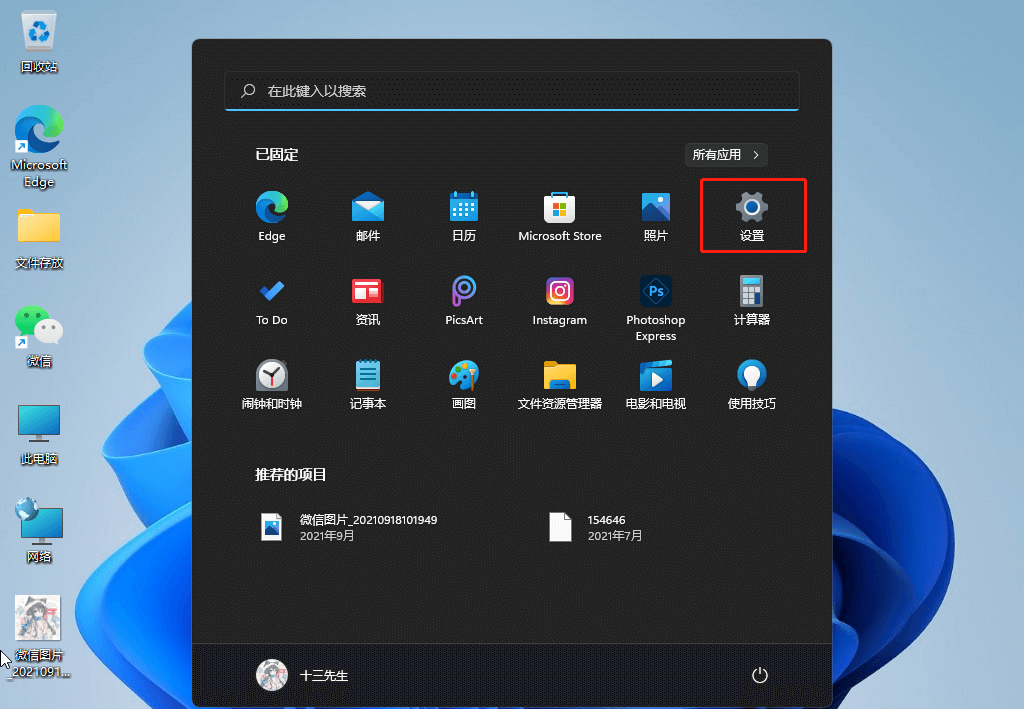
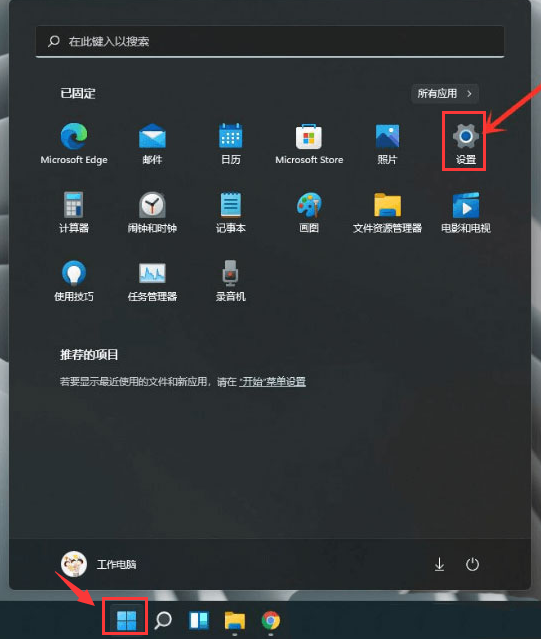


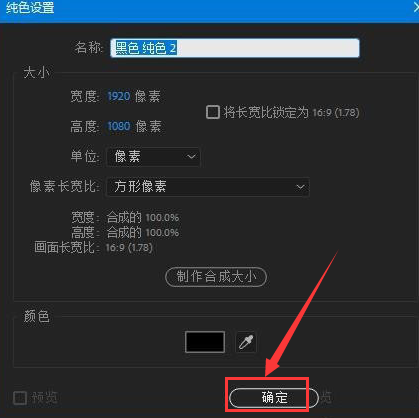


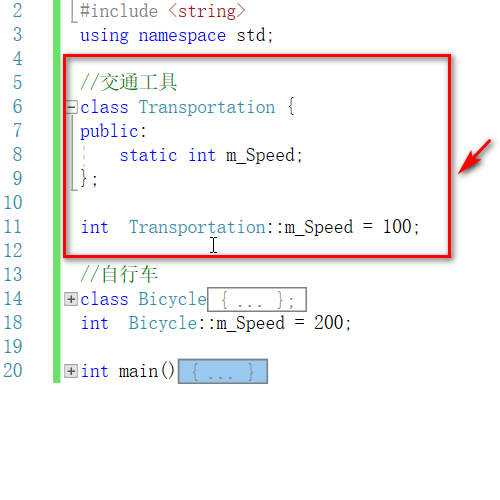

 营业执照公示信息
营业执照公示信息